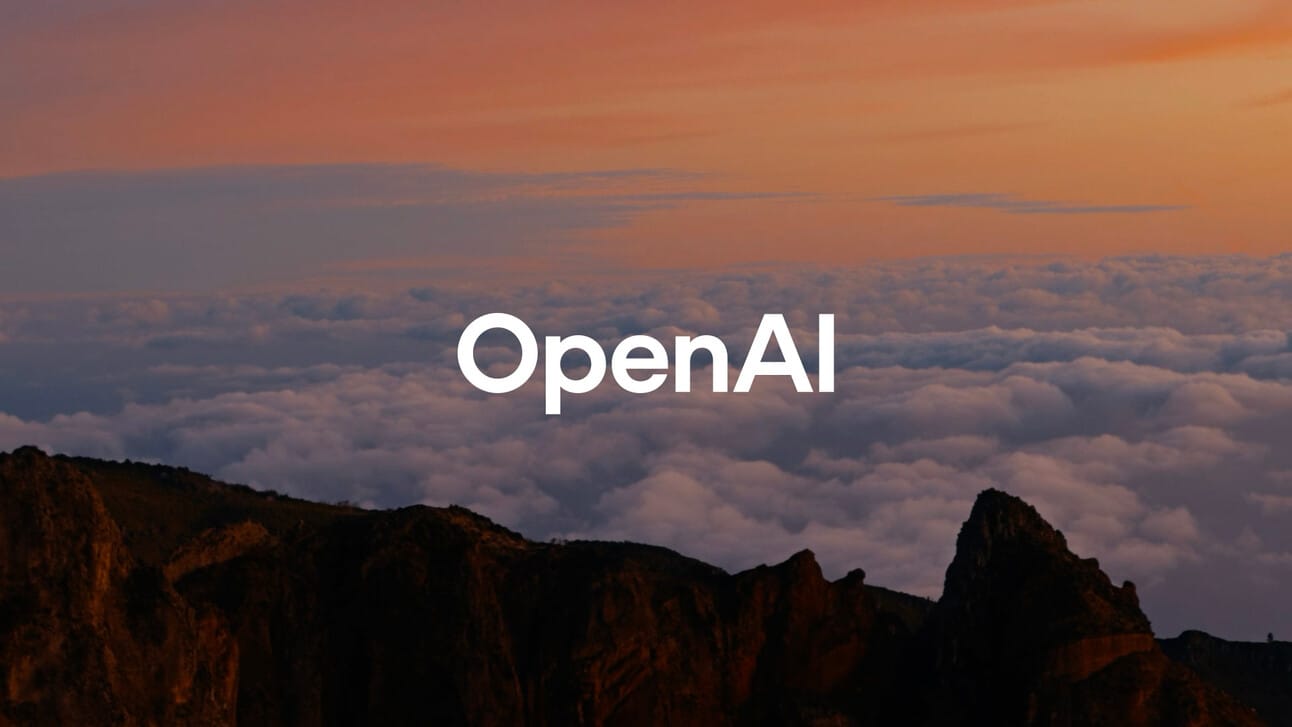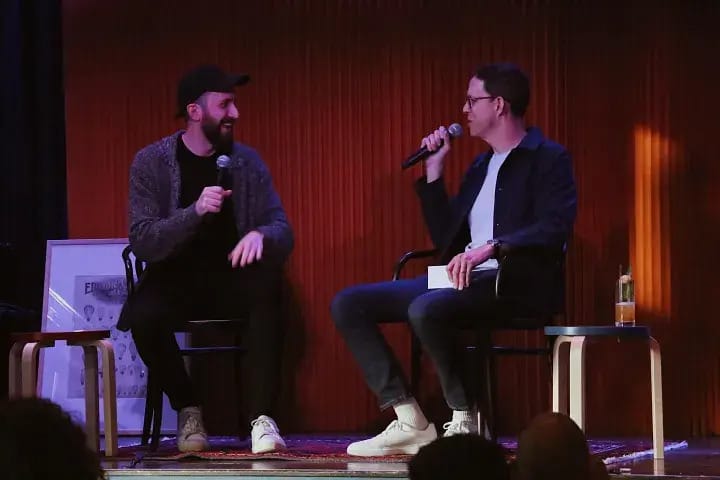- Ross Chapman
- Posts
- Belief at the Edge - #10
Belief at the Edge - #10
Why bold conviction, not craft alone, is the new growth engine.
Start with Belief, Build with Edge
This week, the signal is clear: clarity of belief—and the courage to act on it—is the true competitive advantage.
Whether it’s marketers rewriting playbooks with manifestos, founders embracing hard truths, or security teams using AI not just to save money but to transform their role—those who win aren’t just executing. They’re choosing with conviction.
Inside:
• ⛳️ Why every great startup starts with a manifesto, not a funnel
• 🎨 Brian Lovin on the “nice designer” trap and learning to lead
• 🤖 Agentic AI and the shift from cyber cost to strategic accelerator
The work that resonates starts upstream. Let’s go there.
Let’s get into it 👇
🔗 Signals this week
A new FT analysis highlights the pressure brands now face: with consumers increasingly polarised, every platform and creative choice carries a risk.
Across North America, users want real solutions, real value and some optimism - not virtue signalling.
The result: brand valuations are shifting toward trusted tech giants and away from categories like alcohol and luxury.
My take:
Trust isn’t a given. It’s earned through consistent value and authenticity, especially when culture wars spike.
Every channel carries implication - posting on X vs Instagram isn’t neutral; it signals your position.
The brands winning are ones delivering tangible solutions, whether it’s cost-savings in inflation (Costco, Walmart) or dependable utility (Apple, Google, Microsoft).
This applies to every business: don’t lean on slogans. Focus on what you do that users really need right now.
In turbulent times, forgotten brands survive by leaning into pragmatic optimism- action over rhetoric.
Brian Lovin (Campsite co-founder, now at Notion) shares a refreshingly honest view of what it takes to go from great designer to effective founder.
Spoiler: being “nice,” building the best product, and avoiding uncomfortable jobs like sales won’t cut it anymore.
As AI shifts expectations across the board, designers stepping into founder roles will need to grow faster, go bolder, and get better at saying what needs to be said.
My take:
Stop hiding in the craft. Design’s high bar is powerful, but without distribution, positioning and proof of daily utility, it’s just aesthetic risk.
Rejection is feedback. Customers might love the pitch and buy the tool - but what they do after launch matters more than the sale.
Being kind ≠ being soft. Truth spoken early is the real gift. Clarity over comfort.
AI has changed the bar. Founders aren’t just pitching better UX - they’re up against AI solutions promising exponential gains. Incremental no longer wins.
EY’s latest research shows agentic AI is doing more than cutting costs in cybersecurity - it’s transforming how orgs operate, defend, and scale.
With threat detection times dropping 21% and $1.7M saved per year on average, the real shift is strategic: from firefighting to foresight.
My take:
Security is now strategy. It’s no longer just defense—it’s enablement. The best CISOs are framing their work in terms of business value, not just risk.
Simplify to scale. The move to consolidate tech stacks is reducing vulnerabilities, not adding them. Compatibility and automation > complexity and patchwork.
Reinvest in resilience. Savings from automation are going toward behavioral analytics, early detection, and continuous monitoring—not just cutting costs, but future-proofing operations.
💡 Build on this
“If I were the first marketer at a startup today, the first thing I'd build isn’t a campaign, a funnel, or even a deck.
I’d write a manifesto.
Not a positioning doc, not a pitch (though those will come next). A reason for being - the story behind the product.
The change we believe in. The future we see coming.
The beliefs we hold that others don’t. The legacy behaviors we’re here to replace.
Because when I’ve skipped this in the past, everything downstream lacked aliveness - no real theme, no connective tissue.”
The Manifesto is Your Multiplier
If you’re launching something new: a startup, side hustle, internal initiative - don’t start with assets. Start with a belief.
The best business people I know don’t just talk about positioning. They articulate a worldview. That’s what Sylvia LePoidevin nails here: the manifesto isn’t fluff - it’s infrastructure. It makes the downstream faster, truer, and more resonant.
Here’s why it matters:
A good manifesto aligns your team before the friction hits.
It gives early evangelists a flag to wave - and skeptics something to chew on.
It makes every tactical decision easier: “Does this reflect what we believe?”
In a world where AI can produce 1,000 variations of everything, your reason for being is what makes the output matter.
Write it early. Write it with people. And make sure it actually moves you.
Because if it doesn’t stir you, it won’t inspire them.
📬 From the feed
What do I do? I help founders and teams build smarter businesses faster. Take a look at previous work and what that could look like on my website.
📲 If you liked this and spend most of your time on LinkedIn, then consider giving me a follow @ross-chapman.
🔚 Until next week…
Found this useful? Please forward it to someone who you think would like to read it.


